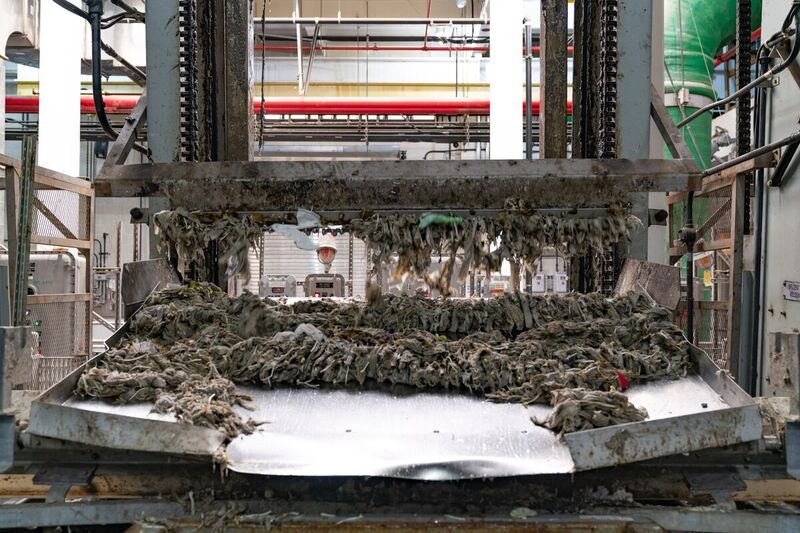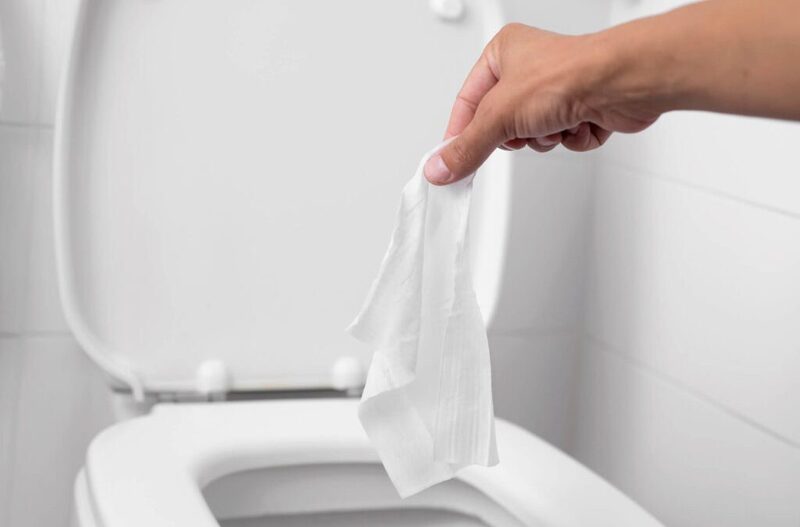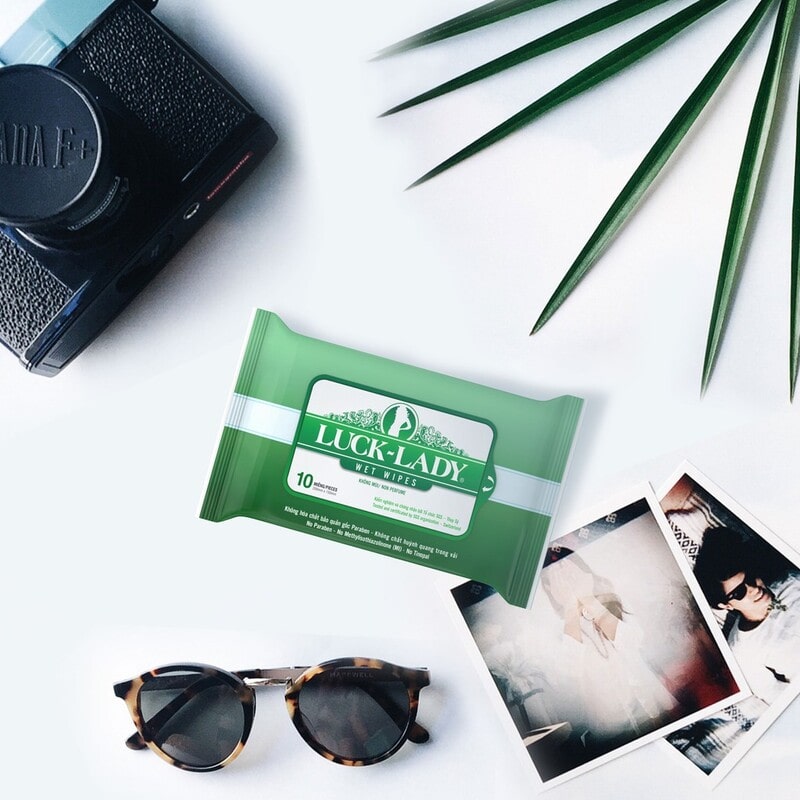Wet wipes offer a convenient and easy-to-use cleaning solution in our life. We encounter wet wipes everywhere, even rather than toilet paper. But, are wet wipes bad for you? To answer the question, we need to dive into the research on ingredients and their effects. By understanding the facts, you can make informed decisions regarding your personal hygiene routine.
Read more: 10 Best Wet Wipes With Good Price for Baby & Adult Health
Wet wipes are not bad in moderation. Wet wipes offer advantages such as convenience and effective cleansing. However, overusing them can lead to potential health effects. Let’s figure out in this text “Are wet wipes bad for you?”.
While wet wipes offer a refreshingly clean, relying on them as a complete replacement for tissue paper can have unintended consequences.
The delicate balance of your microbiome may be disrupted when using wet wipes excessively, as they can strip away beneficial bacteria while allowing harmful bacteria to thrive. This imbalance can potentially result in uncomfortable rashes, irritation, and even fungal infections, cautions.

Overusing wet wipes may cause serious skin’s issues
It’s important to use wet wipes sparingly to avoid depleting the protective microorganisms that safeguard your health. This principle also extends to feminine hygiene, where the overuse of wet wipes can eliminate vital vaginal bacteria like Lactobacillus acidophilus, making you more susceptible to inflammation or infections such as bacterial vaginosis.
See more: 3 main wet wipes ingredients & Things you need to watch out
According to the expert, the skin surrounding your posterior region can be highly sensitive. As a result, it is prudent to steer clear of unnecessary fragrances and chemicals in this area.
Unfortunately, numerous wet wipes on the market contain chemicals, fragrances, and perfumes that can trigger itching, irritation, and inflammation. These adverse reactions can be particularly bothersome due to the skin’s heightened sensitivity.

Some fragrance types can cause skin rashes
To protect your delicate skin, it’s advisable to choose wet wipes that are fragrance-free and formulated without potentially irritating ingredients. Your posterior will thank you for the gentle care.
Discover more: 9 harmful ingredients in wet wipes & Label reading guide (latest updated)
Wet wipes not only pose concerns for your hygiene but can also present potential environmental issues. Here’s the underlying reason:
Unlike toilet paper, which readily breaks down in water, wet wipes, composed of synthetic materials and non-degradable plastics, struggle to disintegrate. This makes them highly susceptible to getting trapped in drain pipes, leading to blockages and system clogs.
Even wipes labeled as “flushable” can create similar problems, requiring hours to clear. To avoid any complications, it is advisable to not put any type of wipes into your drainage system, irrespective of their “flushable” claims.

Wet wipes decompose badly despite of being flushable
Find out more:
If you reside in a building equipped with an older plumbing system, clogging incidents are more likely to occur. When a wet wipe gets caught in the drain pipe, it acts as a micro-stoppage, attracting additional wipes and waste until the pipe becomes fully obstructed.
Recognizing the signs of impending clogs becomes crucial. Keep an eye out for water accumulating around the wax seal at the base of the toilet, indicating an overflow situation.

It is not recommended to dispose of wet wipes in the toilet
Additionally, if your toilet gurgles or emits air bubbles after flushing, it may indicate a partially clogged pipe.
Related: Why shouldn’t you flush wet wipes? Here are reasons
In conclusion, while wet wipes may not be bad for you in moderation, regular and excessive usage can have adverse effects. The removal of beneficial bacteria from your skin, particularly in the anal area, can disrupt the delicate balance of your microbiome, leading to infections and irritations.
Furthermore, for individuals with sensitive skin, the added scents and fragrances in wet wipes can trigger irritation, itching, and inflammation. To prioritize your well-being, it is advisable to exercise caution and consider expert-recommended alternatives.
Opting for scentless wet wipes or utilizing bidets can provide a safer and more gentle method for thorough cleansing. By making informed choices and taking care of your hygiene needs responsibly, you can maintain a healthy balance while minimizing potential risks.

You need to use wet wipes correctly to protect your health
Are wet wipes bad for you?. Although wet wipes are considered safe, overuse can potentially have adverse effects on your skin. By considering alternative options, reading product labels, and being mindful of their environmental impact, you can prioritize your well-being while minimizing harm to the planet. Stay informed and make conscious decisions when it comes to wet wipes and your overall hygiene routine.
Related: